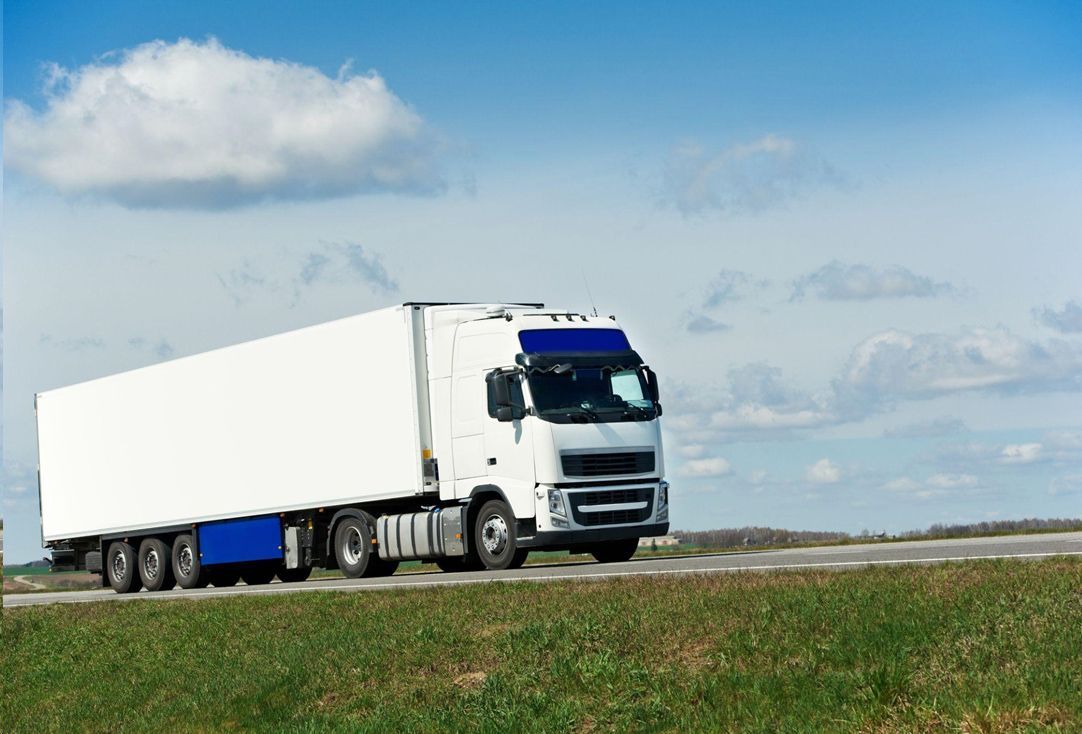Commercial Truck Driver Jobs: What Does Your Future Hold?
- By Admin
- •
- 12 Jul, 2018
- •

Commercial truck driving is an in-demand career with plenty of room to grow. While technological advances may mean the end of some hands-on trades or factory types of jobs, drivers will not likely be out of business anytime soon. And that means starting your career in a commercial truck driving training program can put you on the road to success — literally.
If the picture you have of a driver is someone who spends weeks (or longer) away from their family as they crisscross the country in a semi, think again. Over the road truck drivers aren't the only members of this growing field. What types of jobs can you get as a graduate from a commercial truck driving program? Take a look at the options that you'll have as a graduate with your commercial driver's license (CDL).
Over the Road Drivers
When you hear the words "truck driver," over the road drivers probably come to mind. In this type of position, you'll likely work as a heavy or tractor-trailer truck driver. This means you'll transport heavy loads over long distances. As a full-time over the road, or long-haul driver, you'll have to work long hours and may be away from your family and friends for extended periods of time.
The trade off is that many long-haul drivers are compensated well and may have a more flexible schedule than someone working in an office or desk job would have. Also, if you enjoy seeing new places, driving through scenic areas, and getting to explore everything that America has to offer, long-haul truck driving is a great way to get paid to travel.
Keep in mind, as an over the road truck driver you won't have to drive for days on end without a break. The Federal Motor Carrier Safety Administration controls drivers' work limits and has established laws that prohibit truck drivers from working for more than 14 hours at a stretch. The 14 hours total can only include a maximum of 11 hours driving, while the rest can be spent loading/unloading or completing other job requirements as needed.
Long-haul drivers are also required to take a minimum of 34 hours off after working for 60 hours within seven days or 70 hours within eight, according to the U.S. Bureau of Labor Statistics (BLS).
Short-Distance Delivery Drivers
Some drivers don't like the idea of traveling over the road for extended periods. If you have family commitments, a social life that you don't want to interrupt, or just want to stay close to home, delivery driving may be for you.
Along with driving, you also may be responsible for loading and unloading your cargo as a delivery driver. This may include restocking products in retail stores, completing paperwork, and interacting with retail/grocery/warehouse owners and employees.
Like any other job, delivery driving has its pros and cons. Even though delivery drivers have far less time away from their loved ones, these jobs tend to pay less than long-haul jobs. The 2017 median pay for a heavy and tractor-trailer driver (such as a long-haul driver) was $42,480 per year, according to the BLS. Comparatively, delivery drivers made an average of $29,250 annually.
Other Options
Long-haul and short-distance delivery driving may be two of the most common and popular career choices for commercial truck driving, but they aren't the only options. Short-distance jobs that aren't delivery related also include garbage or recyclable refuse drivers, moving truck drivers, and other driving specializations.
Heavy equipment/construction is one specialization that allows you to use your CDL without having to drive long distances. This type of job requires additional training, such as learning how to operate the equipment used in construction sites or for road maintenance.
If you enjoy working in a construction type of setting, but don't want to operate the machinery, you may want to consider a job driving or hauling the equipment needed. You'll transport machinery (such as forklifts) from site to site but won't actually operate it.
Are you ready to start your career as a truck driver? Contact Commercial Trucking School for more information.

Discover essential truck driving tips for navigating tight spaces and busy roads with confidence. Learn techniques for safe parking, mastering turns, handling blind spots, and using modern technology to ensure smooth driving. Perfect for both new and experienced truck drivers looking to enhance their skills.
If you're considering getting into the commercial trucking industry, read our blog to learn about the skills you can gain at a commercial trucking school.
Commercial trucking can be a satisfying career. Read our blog to learn if you have the personality traits that make you fit for a commercial trucking job.
Read this blog to learn why college graduates should consider a career in the trucking industry, offering high demand, attractive pay, and career growth.
Do you want to become a commercial truck driver? Read this article to learn the necessary qualifications needed to become a commercial truck driver.
With the increasing number of drivers on the road, we should ensure their safety. Learn why safety training is important for commercial truck drivers.
Being a commercial truck driver comes with a unique set of challenges. Read on to learn how you can balance road and home life as a truck driver.






